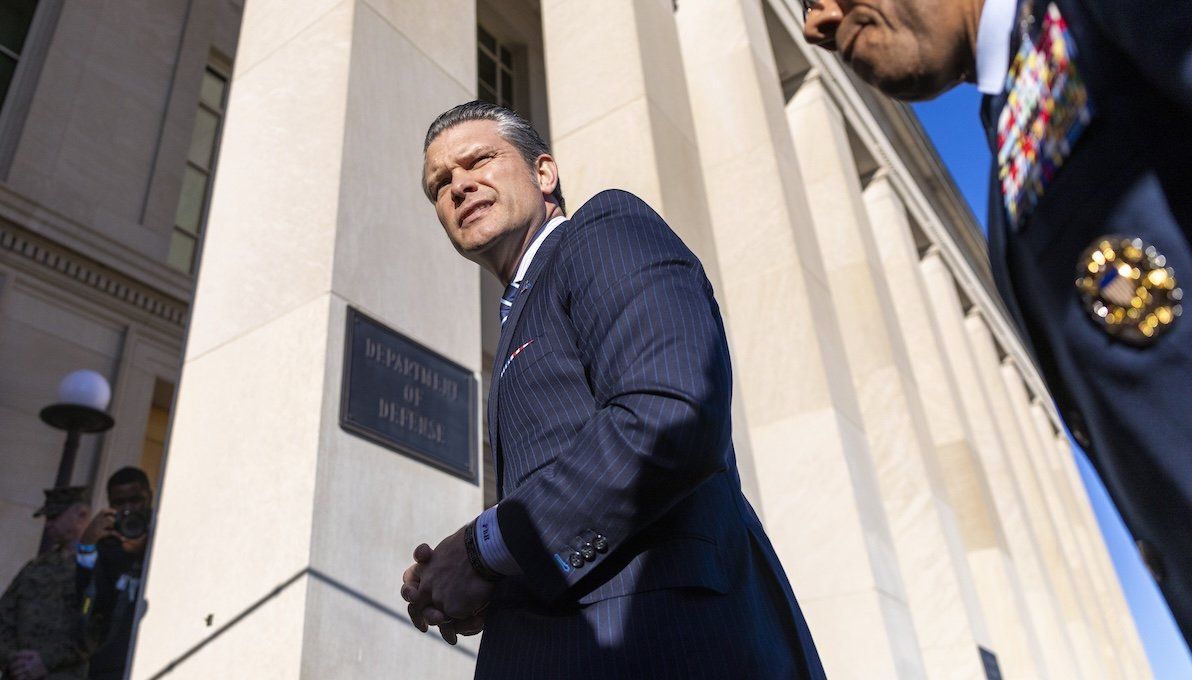60: The US is going back to the future with Donald Trump’s call this week to develop a system of space lasers to protect the country from nuclear attack. Under the “Iron Dome for America” plan, Trump has given Defense Secretary Pete Hegseth 60 days to develop a plan, which is to include the use of defensive space lasers – a revival of former US President Ronald Reagan’s vision of Star Wars.
2.3: The US economy showed strong growth at the end of 2024, expanding by 2.3% in the last quarter of the year. For the full year, the world’s largest economy grew 2.5%, exceeding most expert’s expectations. China, the world’s second-largest economy, grew at an official rate of 5%, though experts dispute those statistics. US President Donald Trump has promised a “golden age” for the US, but the economic impact of his proposed tariffs and massive federal budget/staffing cuts remains unclear.
16: Good news for Canada – only 16% of Americans support Donald Trump’s suggestion of annexing Canada, according to an exclusive poll by Echelon Polling, commissioned by GZERO Media. Meanwhile, 23% of respondents supported retaking control of the Panama Canal and acquiring Greenland.
40 million: The whiplashing moves of theTrump administration regarding federal funding for healthcare research (apparently frozen for review until at least Feb. 1) alongside a broader freeze on all federal grants, which was then rescinded, have rippled far and wide. Canadian researchers, who received more than US$40 million in support from the US, are now mired in uncertainty about the future of their work.
